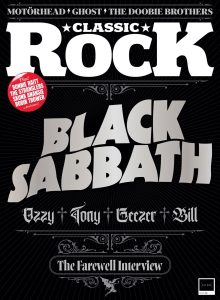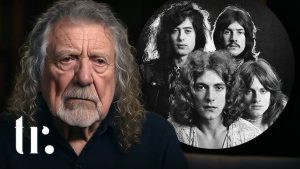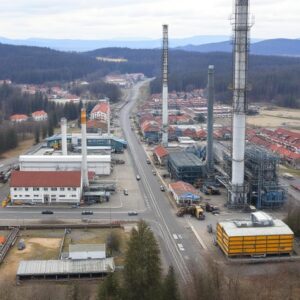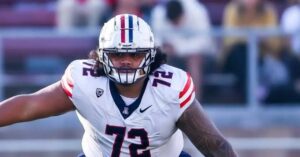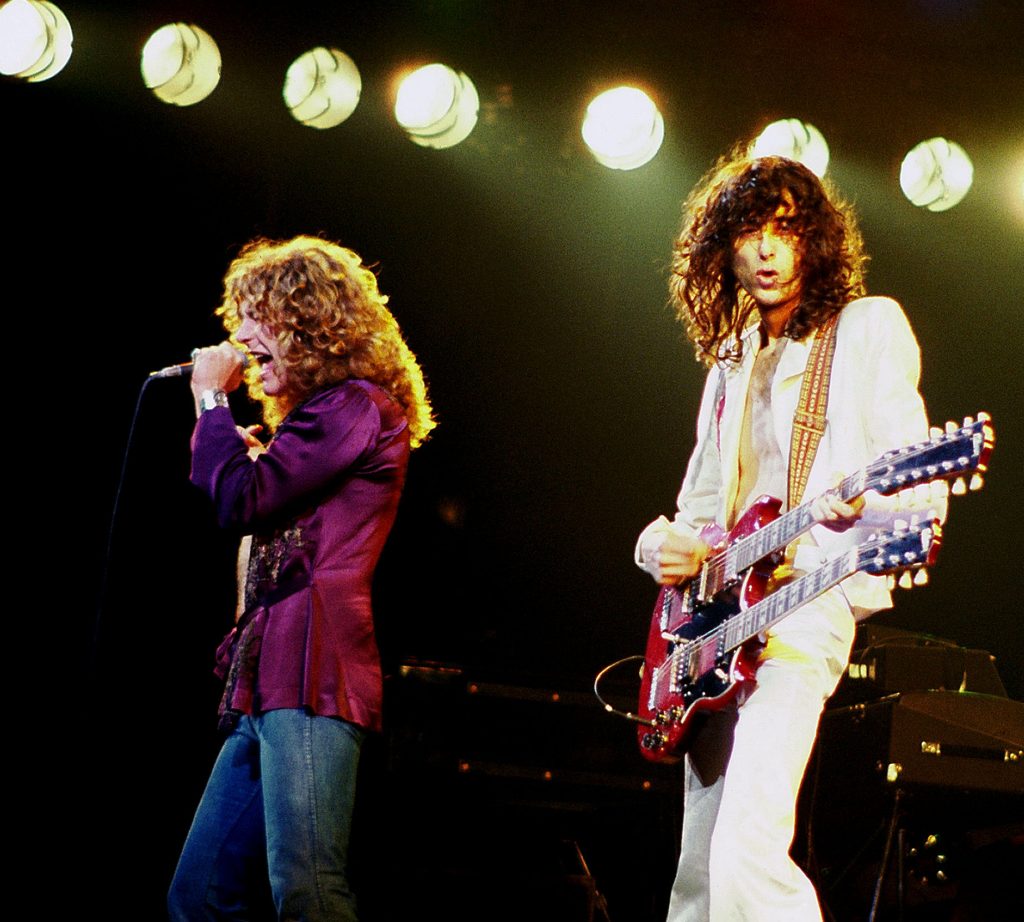
Autosave-File vom d-lab2/3 der AgfaPhoto GmbH
The Record Jimmy Page Said Captured Led Zeppelin’s Best Live Moments
Led Zeppelin’s reputation as one of the most electrifying live bands in rock history is legendary. Their concerts were not mere recitations of studio tracks but explosive, improvisational spectacles — extended jams, raw intensity, and musical chemistry unmatched by most. While several bootlegs and unofficial recordings circulate among fans, Jimmy Page, the band’s iconic guitarist and producer, has often pointed to one particular record as the truest documentation of the band’s live brilliance: How the West Was Won.
Released in 2003, How the West Was Won is a live album compiled from two California shows in June 1972 — at the Los Angeles Forum and Long Beach Arena. It spans over three hours and showcases the band at the height of their powers. Jimmy Page himself meticulously curated and remastered the performances, ensuring that what listeners heard was the most potent representation of Zeppelin’s live experience.
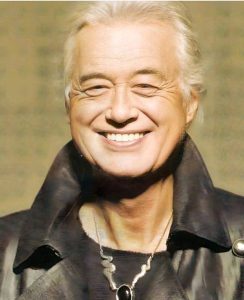
Page has frequently praised How the West Was Won as a definitive live statement. In interviews, he’s described it as the moment when the band “truly exploded” onstage — a time when their setlist, improvisational freedom, and sheer confidence reached an apex. The 1972 tour captured on the album occurred right before the release of Houses of the Holy, and Zeppelin had fully matured as a band, riding the momentum of Led Zeppelin IV’s unprecedented success.
What sets How the West Was Won apart is its blend of precision and spontaneity. It includes thrilling renditions of staples like “Black Dog,” “Rock and Roll,” and a blistering “Immigrant Song,” as well as epic versions of “Dazed and Confused” and “Whole Lotta Love” that stretch beyond 20 minutes — infused with medleys, blues improvisation, and guitar theatrics that only Page could deliver.
Perhaps one of the most astonishing elements is the nearly 25-minute performance of “Dazed and Confused.” It features Page’s iconic violin bow solo, but more impressively, a section where the entire band veers into psychedelic territory — shifting tempos, layering sonic textures, and showcasing their almost telepathic musical communication. Page has referred to performances like this as the moments where Zeppelin stopped being a band and became “a living organism.”
Another highlight Page often mentions is “Stairway to Heaven.” While the studio version is legendary, the live performance on How the West Was Won elevates the song to new heights. Plant’s vocals are more urgent and emotive, while Page’s solo — different from the studio take — is fiery, fluid, and full of soul. For Page, this variability was the beauty of Zeppelin live: no two performances were ever the same.
The album also includes a dynamic “The Ocean,” a thunderous “Heartbreaker,” and a joyful, acoustic interlude featuring “Going to California” and “That’s the Way.” These quieter moments are essential in understanding why Page considers this album a peak — it captures not just the bombast but the band’s depth and sensitivity.
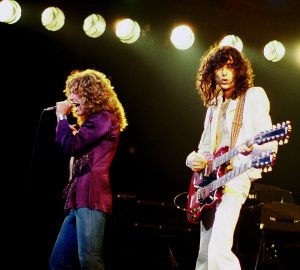
In contrast to The Song Remains the Same — Zeppelin’s earlier 1976 live album and film — How the West Was Won benefits from a tighter, more focused approach. The Song Remains the Same was heavily edited, with added overdubs, and received mixed reactions. Page later admitted he wasn’t fully satisfied with it, though it held sentimental value. By 2003, with better technology and a fresh perspective, Page was able to revisit the raw tapes from 1972 and present them with the clarity and respect they deserved.
When remastering the record, Page emphasized authenticity. He didn’t polish the sound to the point of sterility; he allowed the grit, energy, and natural imperfections of live performance to remain. This decision is precisely why many fans and critics — and Page himself — consider it the best live album Zeppelin ever released.
In a 2010 interview, Page summed it up simply: “How the West Was Won captures the band at its absolute peak. We were fearless, and the music shows it.”
For anyone who never had the chance to see Led Zeppelin live, How the West Was Won remains the closest, most electrifying document of what it felt like to witness the magic. It’s not just a concert — it’s a time capsule of a band that changed rock history, immortalized by the ma
n who led them there.
